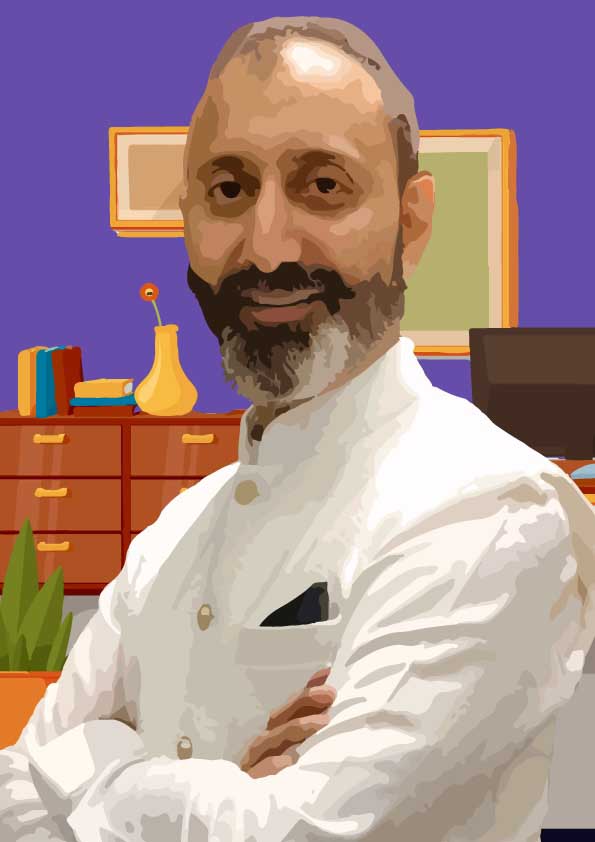Xerxes' journey into urban sanitation was not just a career choice but a calling ignited by experiences that painted a vivid picture of the disparities in sanitation services. His story encapsulates a transformative odyssey from observing open drains in his childhood to reshaping the paradigm of inclusive sanitation across cities.
Born in Indore, Xerxes' childhood memories of sewage spilling into the streets sparked his relentless quest to understand and resolve the unaddressed sanitation issues. Despite the societal focus on home comforts and infrastructure, the overlooked fate of waste disposal deeply concerned him. His architectural studies and professional experience further solidified this conviction.
In 2005, while working with the International City Managers Association on the Afghan Municipal Strengthening Program, Xerxes encountered the dire sanitation situation in Kabul. The absence of proper waste management systems and challenges in waste disposal highlighted the gravity of the issue on an international scale. This experience shaped his mission to bring effective change in sanitation practices.
Xerxes' commitment led him to collaborate with the Urban Management Centre (UMC), where his journey of transformation began. He wasn't just reshaping infrastructure - he was reconstructing perspectives. His work in Dhenkanal, Orissa, marked a pivotal moment. He collaborated with sanitation workers and formed self-help groups (SHGs) to uplift and empower them. Notably, one encounter with Ashish Nayak, a qualified civil engineer working as a sanitation worker, highlighted the plight of skilled individuals facing societal bias. Xerxes was relentless in reshaping paradigms, turning overlooked sanitation workers into guardians of better living standards. The journey wasn't just about building toilets but nurturing an ecosystem of respect and dignity.
Through the years, Xerxes' focus evolved from mere infrastructure development to emphasizing operation and maintenance in sanitation. The integration of sanitation workers into self-help groups and schemes like GARIMA marked a significant shift in perspective. His efforts reshaped societal perceptions, aiming not to see these workers as mere laborers but as valued contributors to a safer and more dignified urban landscape.
Being part of the National Feacal Sludge and Septage Management Alliance (NFSM) provided Xerxes a platform for cross-learning and collaboration. It allowed the sharing of best practices and policy changes to redefine the narrative around sanitation workers' roles.
Looking ahead, Xerxes eagerly contributes to the Statewide Framework of Inclusive Sanitation for Odisha and envisions scaling these initiatives nationally. His aspirations resonate with creating citywide inclusive sanitation programs and fostering collaboration among stakeholders for a more equitable urban environment.
Xerxes' story is not just about reshaping sanitation but also about shifting societal perspectives, from stigmatization to empowerment. His journey reflects a commitment to transforming the lives of sanitation workers, redefining urban landscapes, and fostering an inclusive approach to sanitation for all.

